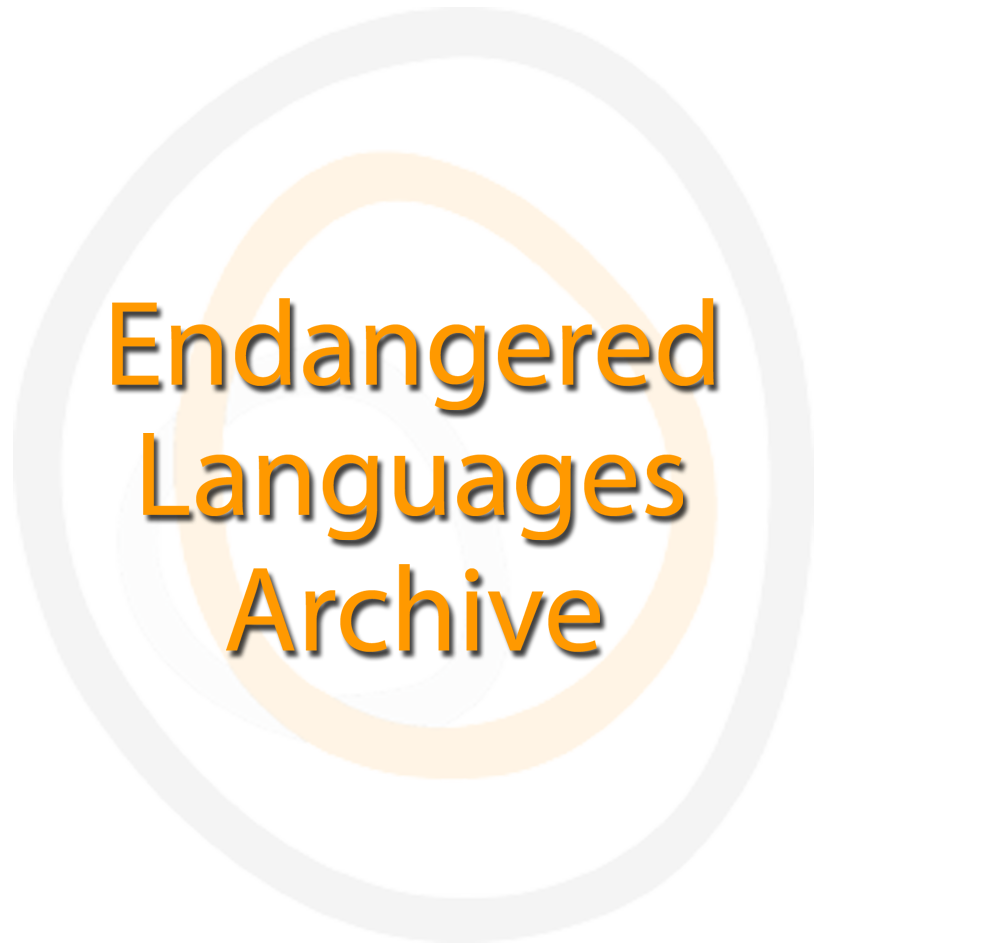Glavda in rural and urban contexts
| Language | Glavda |
| Depositor | Jonathan Owens |
| Affiliation | Bayreuth University |
| Location | Nigeria |
| Collection ID | 0109 |
| Grant ID | FTG0154 |
| Funding Body | ELDP |
| Collection Status | Collection online |
| Landing Page Handle | http://hdl.handle.net/2196/bfacbf59-bb2b-4f2b-9361-0a4243627baf |
Summary of the collection
This is a documentation of Glavda, a small, largely unstudied Central Chadic language of considerable phonological, morphological and syntactic complexity spoken in Northeastern Nigeria. Beyond providing a collection of sound data based on interviews, free conversations and verbal art among speakers in the rural homeland, this study also concentrates on the language of Glavda speakers in Maiduguri, the largest urban center in the region, and the goal of considerable out-migration from the rural homeland. This documentation of second generation urban speakers is crucial for gauging the effect of emigration on the longer term maintenance of Glavda in an increasingly urban world.
Group represented
Glavda, Gǝlvaxdax
Language information
Glavda is a small, largely unstudied Central Chadic language of considerable phonological, morphological and syntactic complexity spoken in Northeastern Nigeria.
Special characteristics
The audio is clear, texts well transcribed, all translated, all morphologically segmented, one hour of interlinear glosses. Fonts used are compatible with Windows 7.
Collection contents
Seventeen recordings, each between 30 minutes – 60 minutes in length are transcribed, translated, and segmented morphologically. In addition 11 of these recordings have signficant segments with interlinear glosses and tonal marking (tone is hardly relevant lexically, and it is for the most part morphologically predictable, so with the help of a still-to-written grammar is predictable). All recordings are interviews conducted by natives of the Ngoshe area, Mr. Dabawa Azhuga and Mr. Mohammad Ali, so there is in general a low degree of formality in them. All but one of the tapes was made in the Ngoshe area, the only exception a recording made in Maiduguri. Further recordings already collected from Maiduguri will also be added as the opprtunity presents itself. The recordings were transcribed with the assistance of Mr. Azhuga and Mr. Ali, as well as Mr. Barka John.
Acknowledgement and citation
To refer to any data from the collection, please cite as follows:
Owens, Jonathan. 2011. Glavda in rural and urban contexts. Endangered Languages Archive. Handle: http://hdl.handle.net/2196/00-0000-0000-0001-EDDA-F. Accessed on [insert date here].


